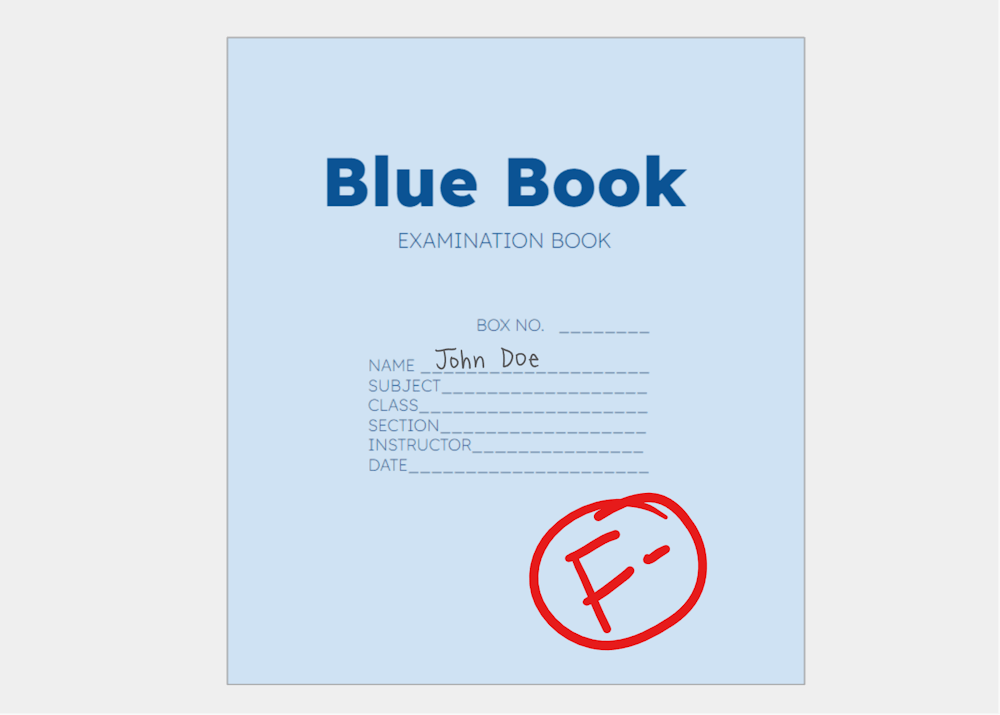Is that grade that you worked so hard for just out of reach? Are a few tenths of a percentage point tormenting you day and night? Do you really want to clinch an A? Then, you’re in luck. There’s a not-so-secret technique that can help you out in spectacular fashion. The practice is known by many names. Some call it grade grubbing, some call it point scavenging, and others call it life. Nevertheless, the purpose is all the same — you want your grade to go from where it is to where it needs to be. Thankfully for you, the gods have spoken to me, and they have shown me the infallible methods. I bring you, in stone tablet form, the five most effective ways to get a grade raised. I have the unique and saintly opportunity to present these unto you, the masses. With finals behind, this is your only recourse!
- Consider Feast-ability
No one is themselves when they are hungry! That is why, if you really want your grade to go up, you better bring your A-game to your professor’s palette. A clean roll of sushi, some jerk chicken and maybe even gelato could not possibly hurt. This works especially well with professors who have kids. Between taking care of grades, their spouse and their children, they are swamped, and they haven’t had a fresh meal in months — much less real adult food. If they made a grading error in your favor, they might be going home with a week’s worth of summer salad. It’s not quid pro quo necessarily, but I bet the begging will be extra effective when they’re stuffing with gourmet goodness.
2. Appeal to Their Sound Reasoning
Humans are sensory creatures. We see, smell, hear, feel and taste the world into existence. There is no reason you cannot do the same with your grade. Secretly, while talking with your professor, play some soothing music. The music is yours to personalize for the occasion. Play doo-wop for the old ones, Al Green for the cool ones and Kate Bush for all those in between. As the notes hit their hearts, their bodies and grading policies will loosen. That’s when you strike!
3. Cry
A true veteran of the trade, crying has never been dethroned from its spot among the top three begging techniques. Beginning in pre-historic times, pulling out the waterworks has long been a staple of effective begging. For this, conjure up infantile memories of stolen toys and denied sweets. Your crying should be animalistic. Dripping snot doesn’t usually hurt the performance, but certain teachers are germaphobes, so do some accurate research.
If crying doesn’t seem to do the trick alone, try and incorporate movement! Slam yourself from wall to wall, making sure to add wailing after each collision.
Contrary to the other tips, please note that the discussion of needing a raised grade should occur before crying. Otherwise, the professor may be confused.
4. Fabricate Wacky Happenings!
Your dog ate your computer science coding assignment. Your mother needed your help deciphering The Voynich Manuscript. Your very real daughter Daphne was eaten alive by monsters. For your toughness through these happenings, a grade raise is more than deserved. I’m sure your professor would agree.
5. Lie, Cheat, Steal and Blackmail
You know what to do. We all know what to do. The explicit methods cannot be provided as the censors will shut me down. But you know how it shall be done! There is no time like now. By the time you get caught, the Honor Committee might have dissolved itself anyways!
With these key tenets in mind, I’m sure you will beg your way to a better GPA next semester. Till then, good luck!







